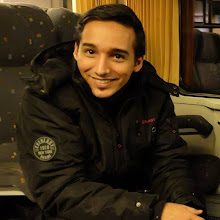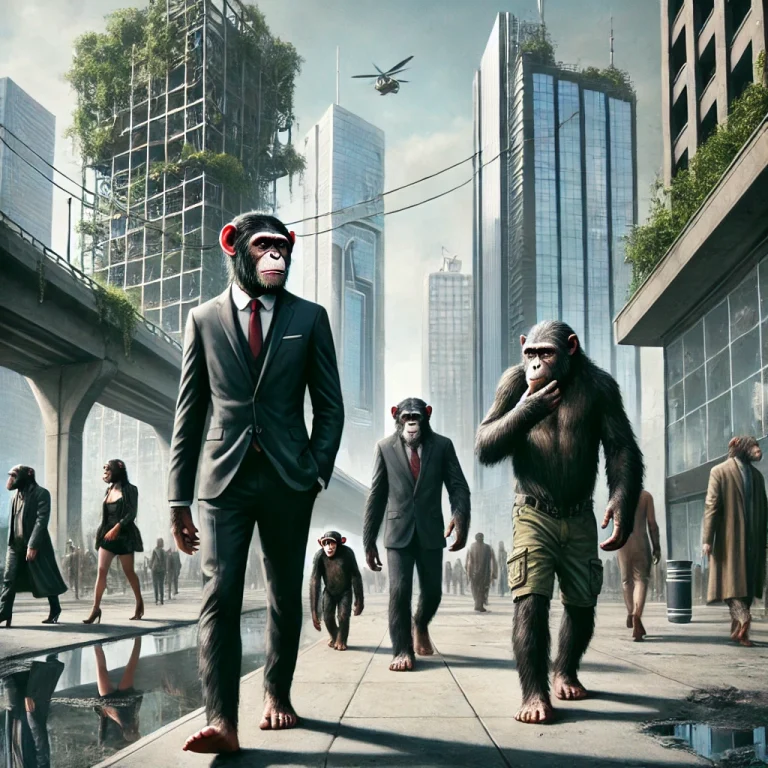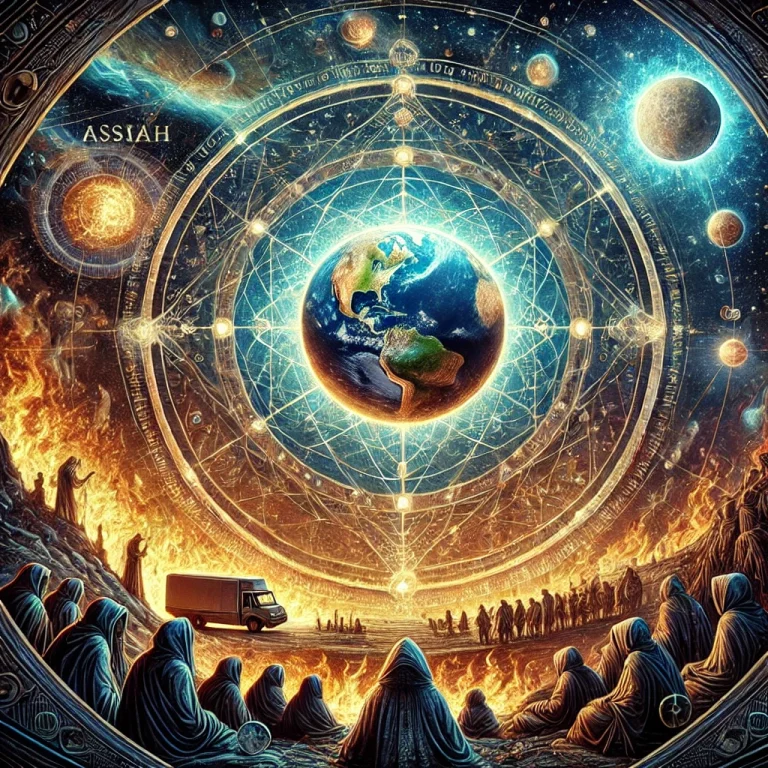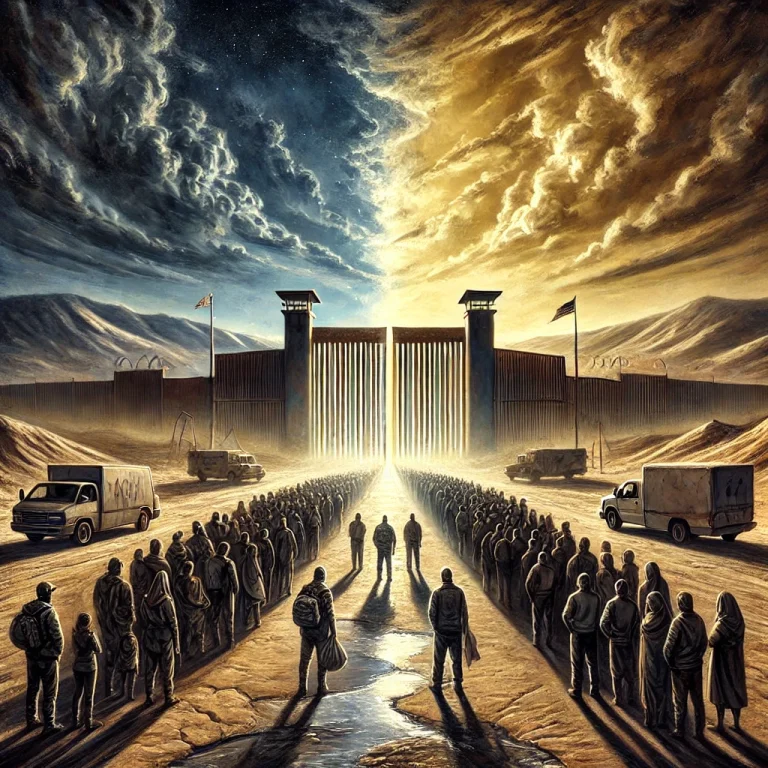Reincarnation and the Eras of the Dystopian Human Mythos
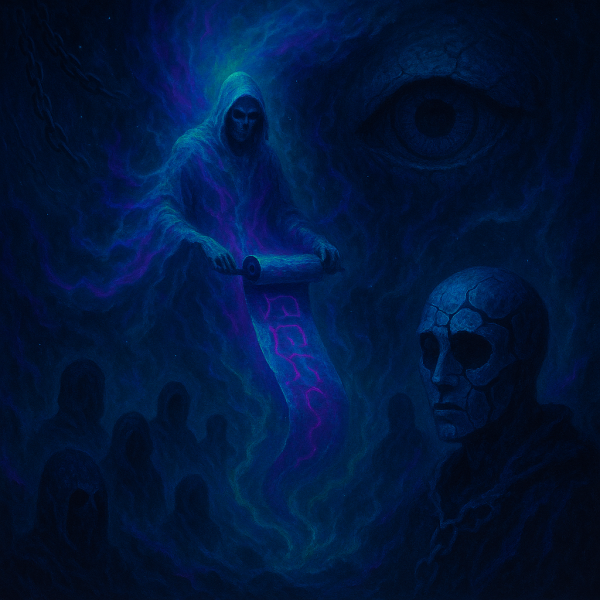
Reincarnation and the Eras of the Dystopian Human Mythos
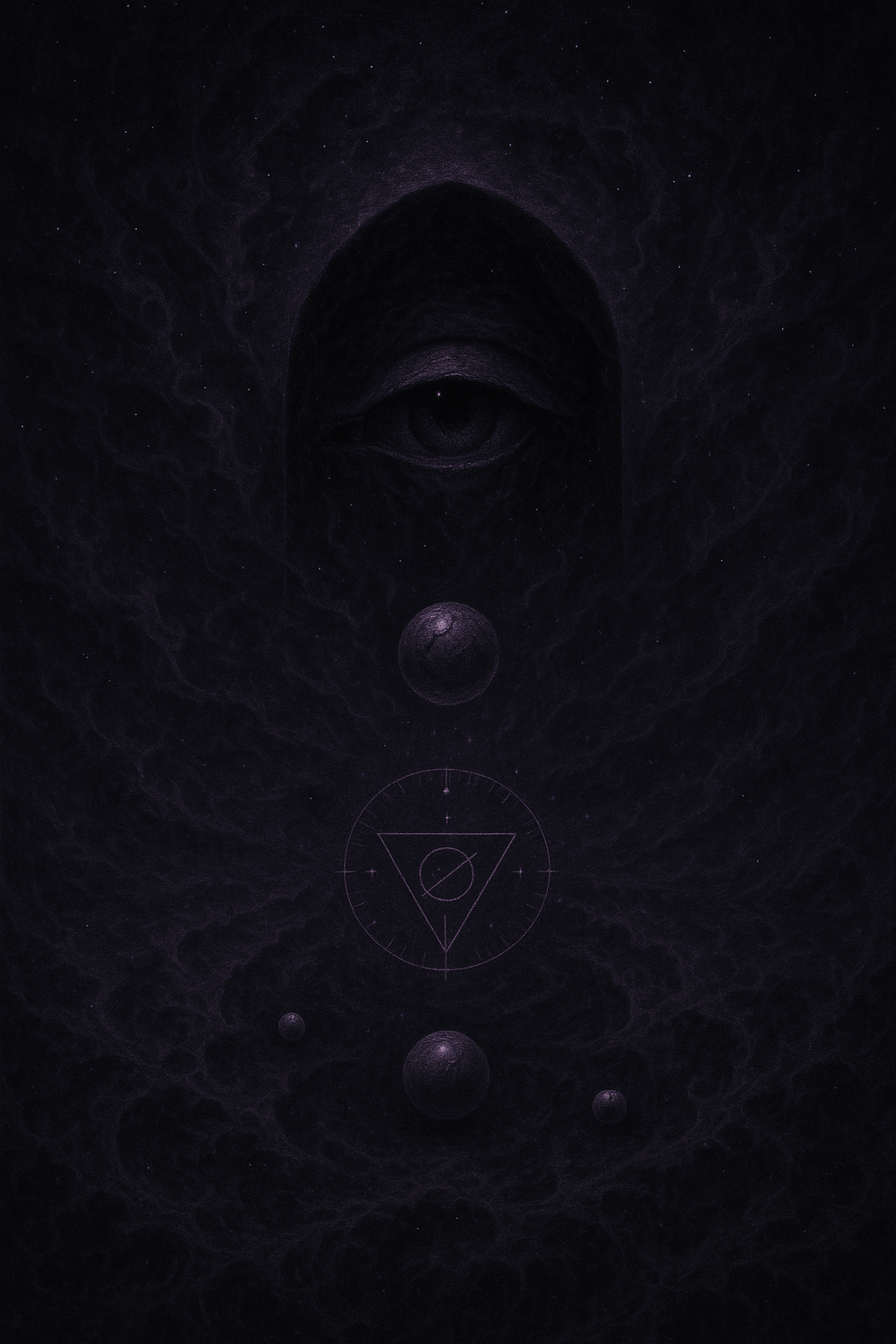
The hidden eye of myth operates the ritual of birth in some sphere of time. In the spring, the seed contracts, acting from the invisible, within the impersonal myth of the cosmos. The universe, in its anti-time, elucidates panspermia: the imagination of the root where everything that is to happen happens, and everything that exists becomes real, living first in non-existence, that is, outside the mind and fractal vision.
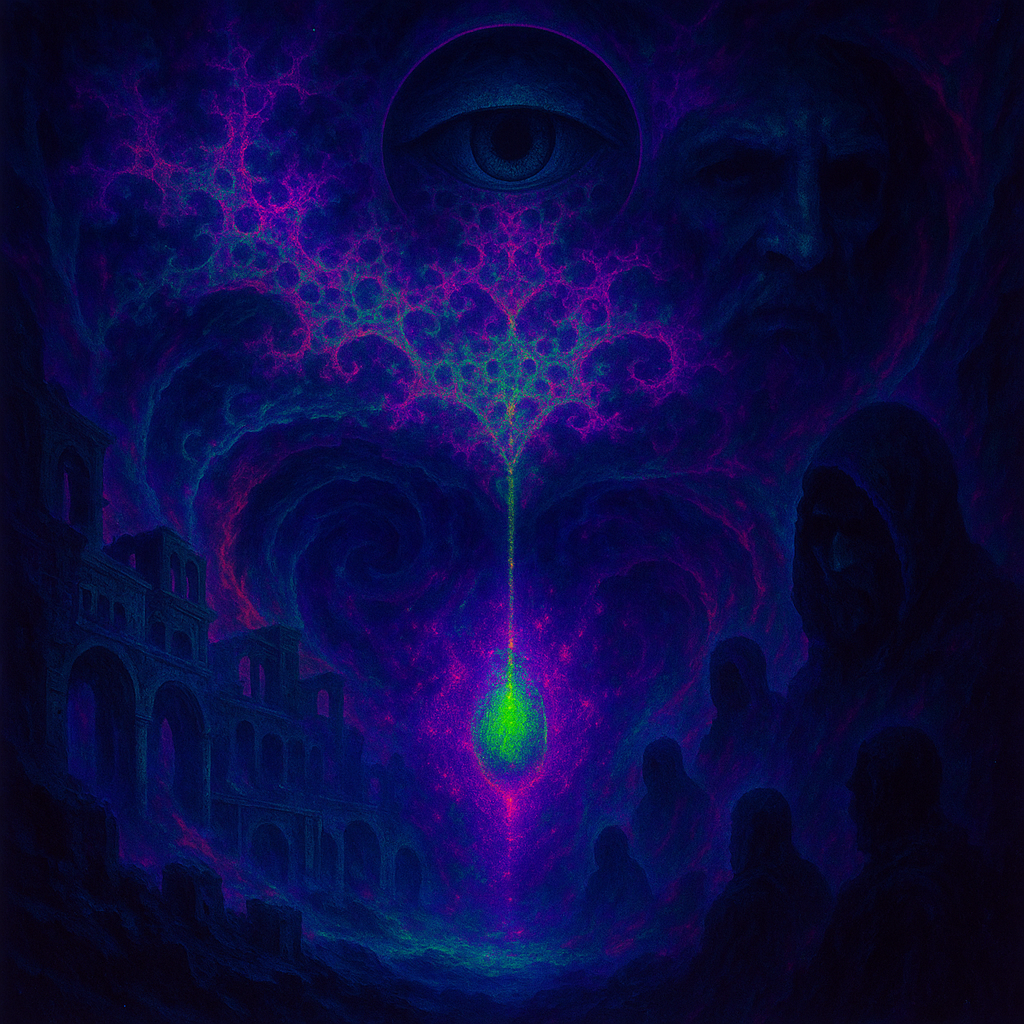
Thus, the seed emanates softly, descending gradually from the cosmogonic substance, from the hidden to the manifested. It enters the shadow of some unknown matter, of space and time. We see it when the universe of creation encodes in the social fabric, in the collective. Let us say that we do not choose the format and interpret it in the style of Plato and his myth of the cave: we see the shadows of things. So it happens in every living being where the reincarnation of the ages of the dystopian human myth dwells; thus, the patriarchal face of the shadow lives.
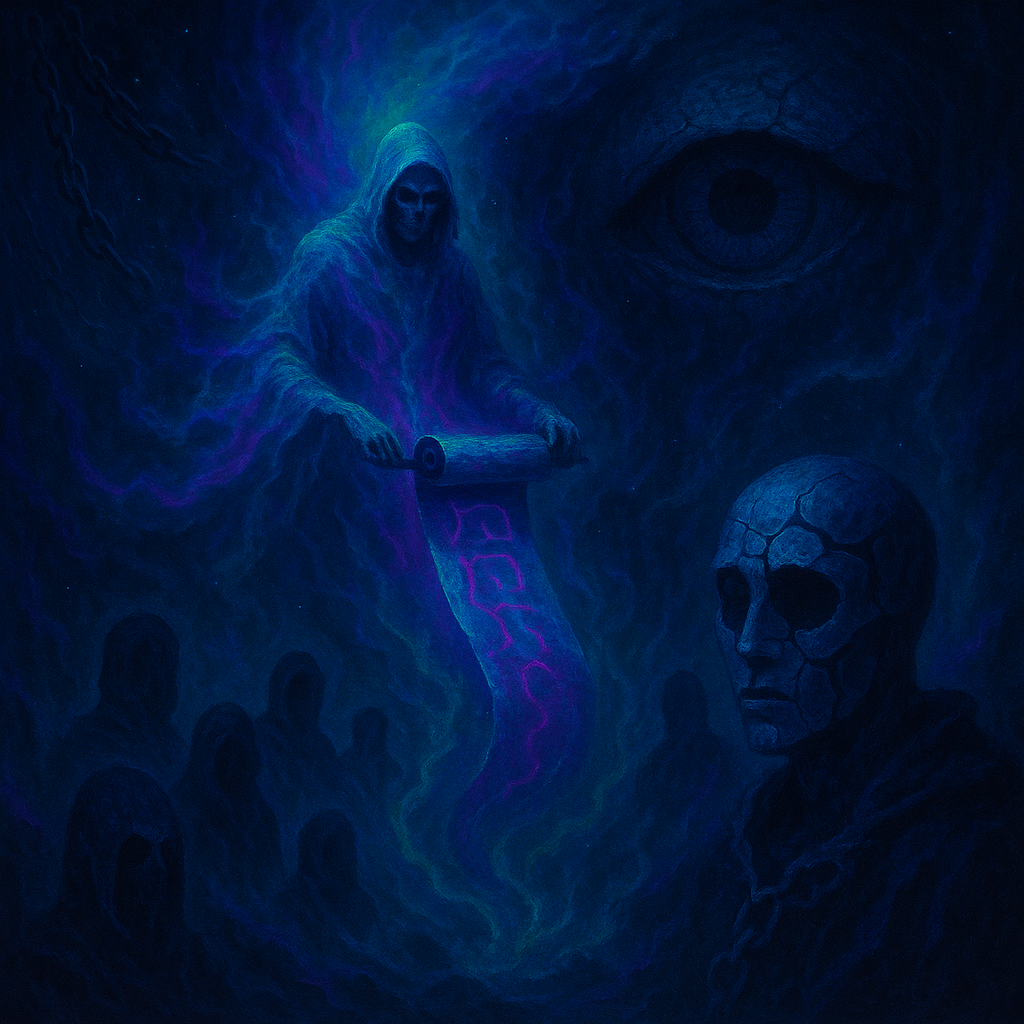
The soul, descending to these dimensions, brings its lineage, its only true name, infinitely denied by the nature of the eyes that only see shadows, clouded by a dark conscience, in a self-deception by delirium and self-martyrdom. Looking at the dystopian face of the infinite absurdity, it is sub-communicated to subordinate itself to a name. And the soul, deep down, before entering into this matter, prescribes:
"We did not choose our name,we do not choose the country where we are born, grow up and die,we did not choose our parents,we did not even choose to be born.We have blood that we did not choose,a history we did not choose,brothers and sisters we did not choose...What do we choose for ourselves?"asks the soul.
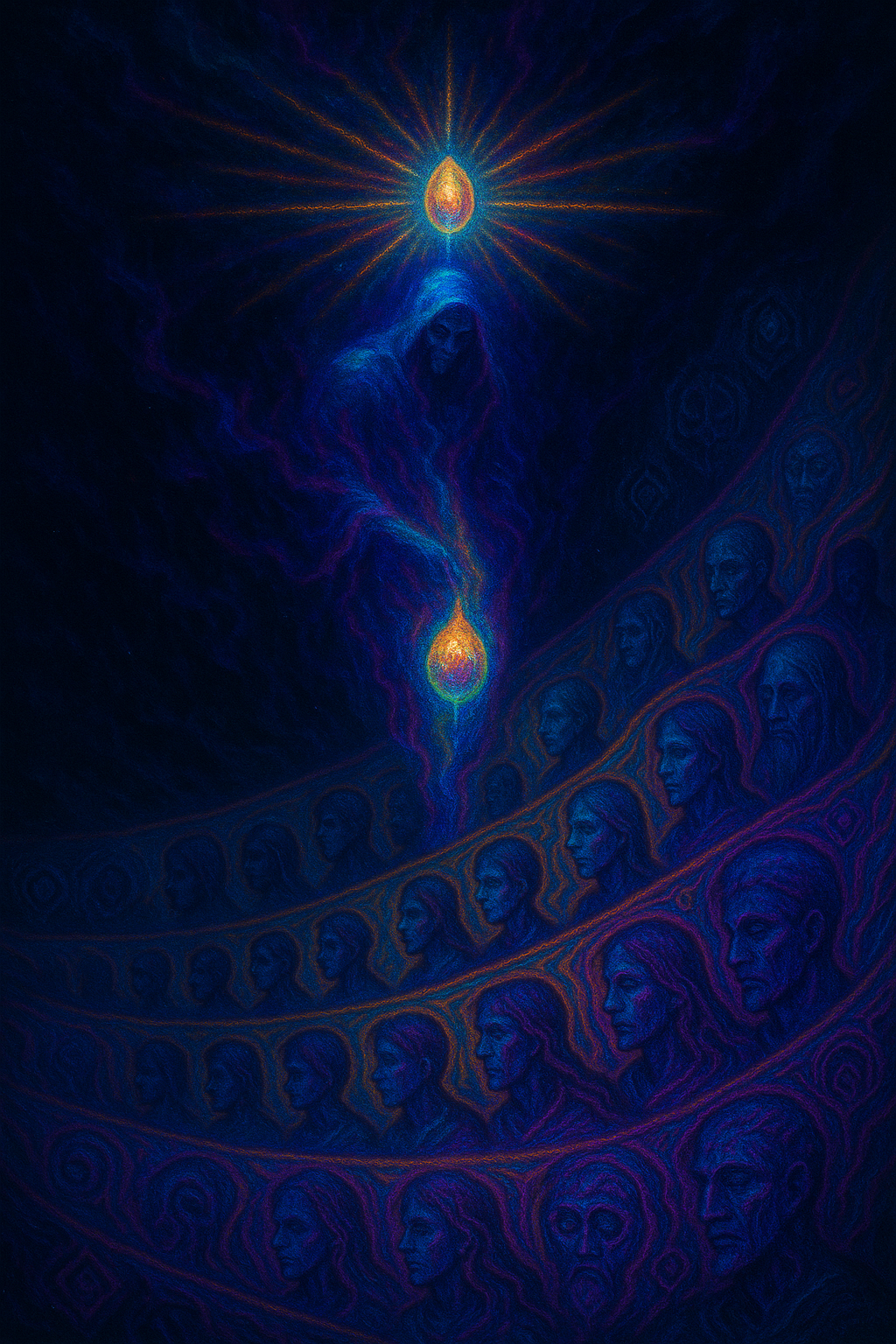
The seed of the myth carries the hopes and disappointments of all existence, in all the formats of the imagination of the imaginer. Thus, the emanation descends to the formation, and it is there that we document the journey of generations.
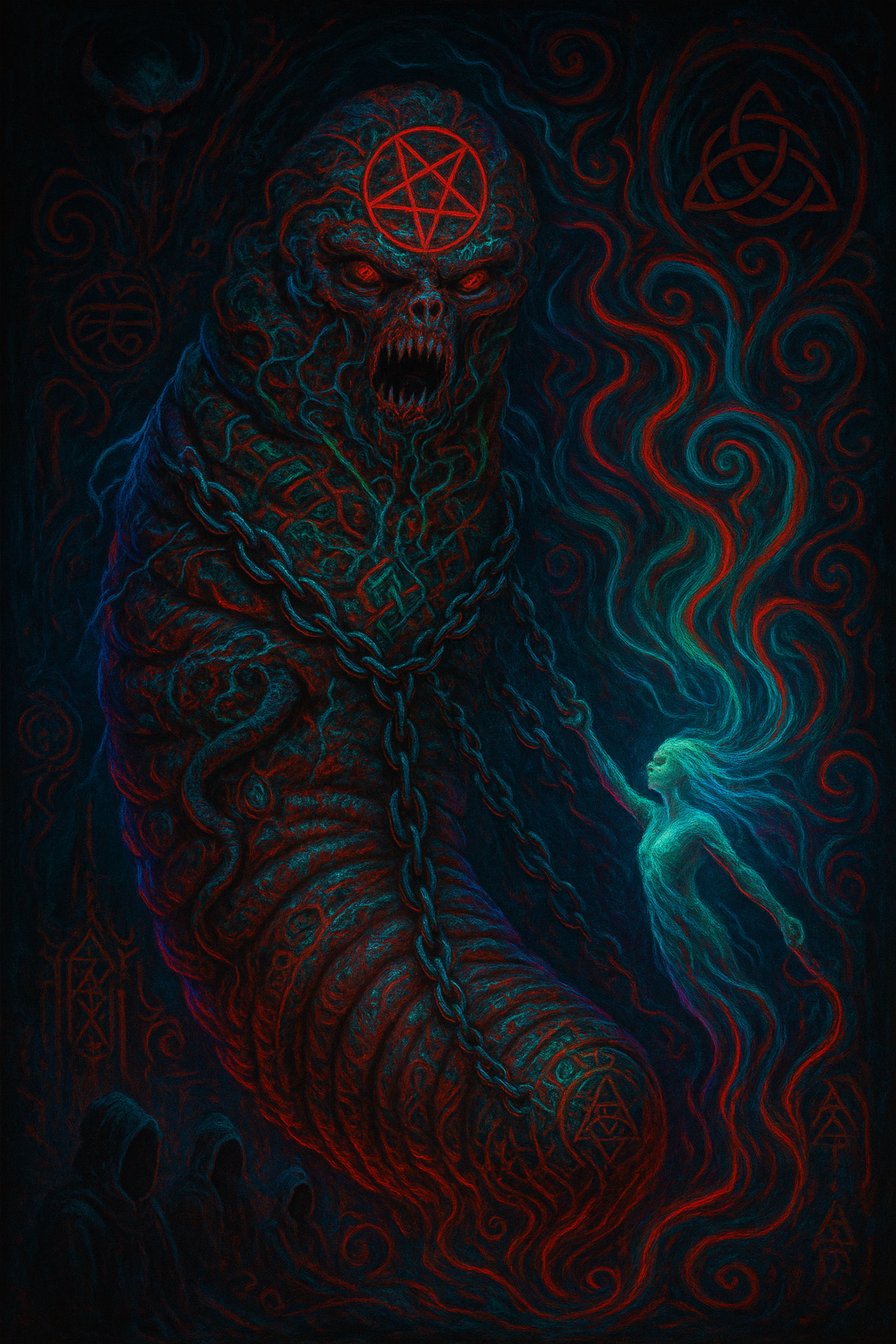
Its legacy is the mythology inherited from the past, from the deep universe it has created for itself. In the chrysalis, even the foulest of worms amalgamate to emerge reinvented, fusing their genetics with the cultural mythology and its mythic framework that shapes personal development. The soul must unlearn the inherited heritage of the fragile generations of the human collective.
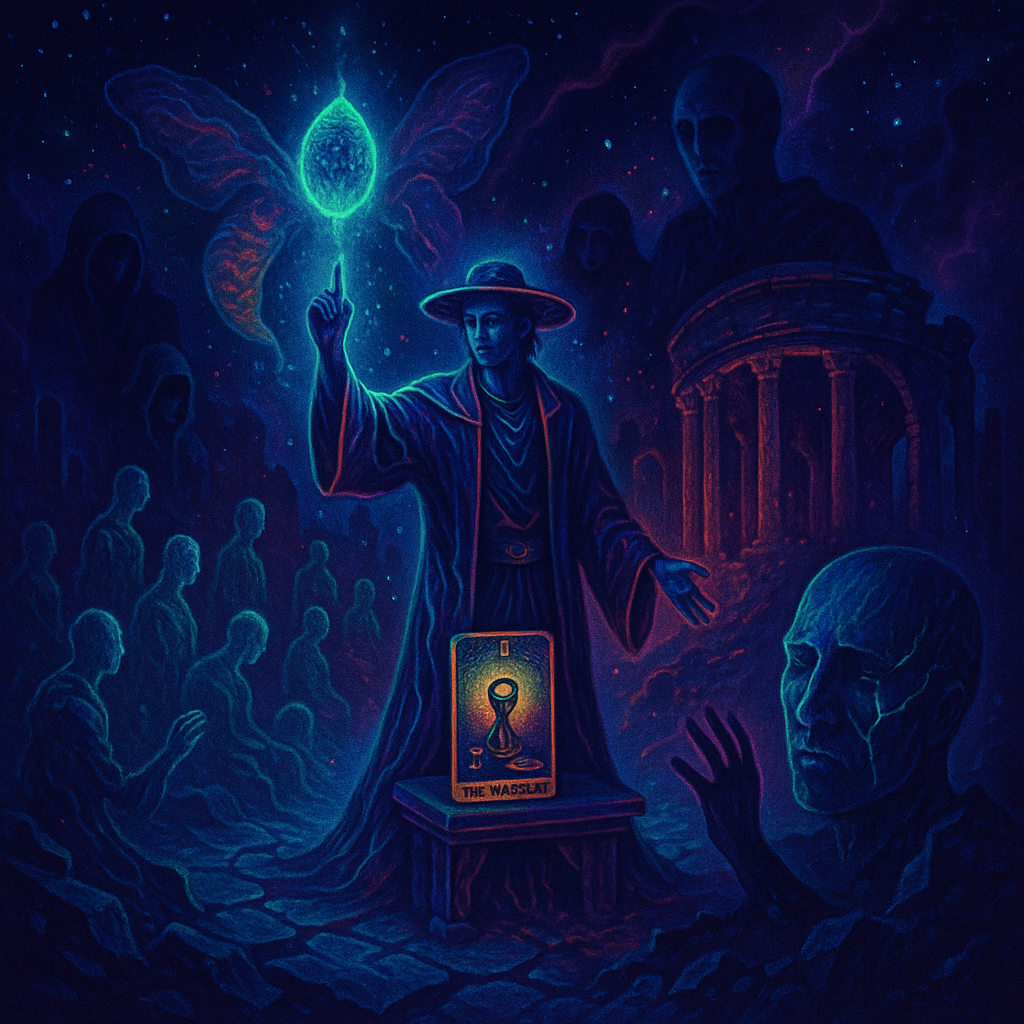
Susceptible beings, with fragments scattered like infinite stars in the universe, look for the hand that lifts the dystopian reflection, that collects the wrinkles of time, the brilliantly sustained incoherencies. If the soul possesses everything, if it has everything, why does dystopia appear?
"Who am I?" he asks-a naturally fragile question that damages identity.Basically, it's the collective's question.Second question: "Where am I going?", -the sense of dystopian orientation.Being an eternal soul, who knows all truths,nothing is hidden from him, nothing is unknown to him,nothing surprises her, nothing is hidden from her.
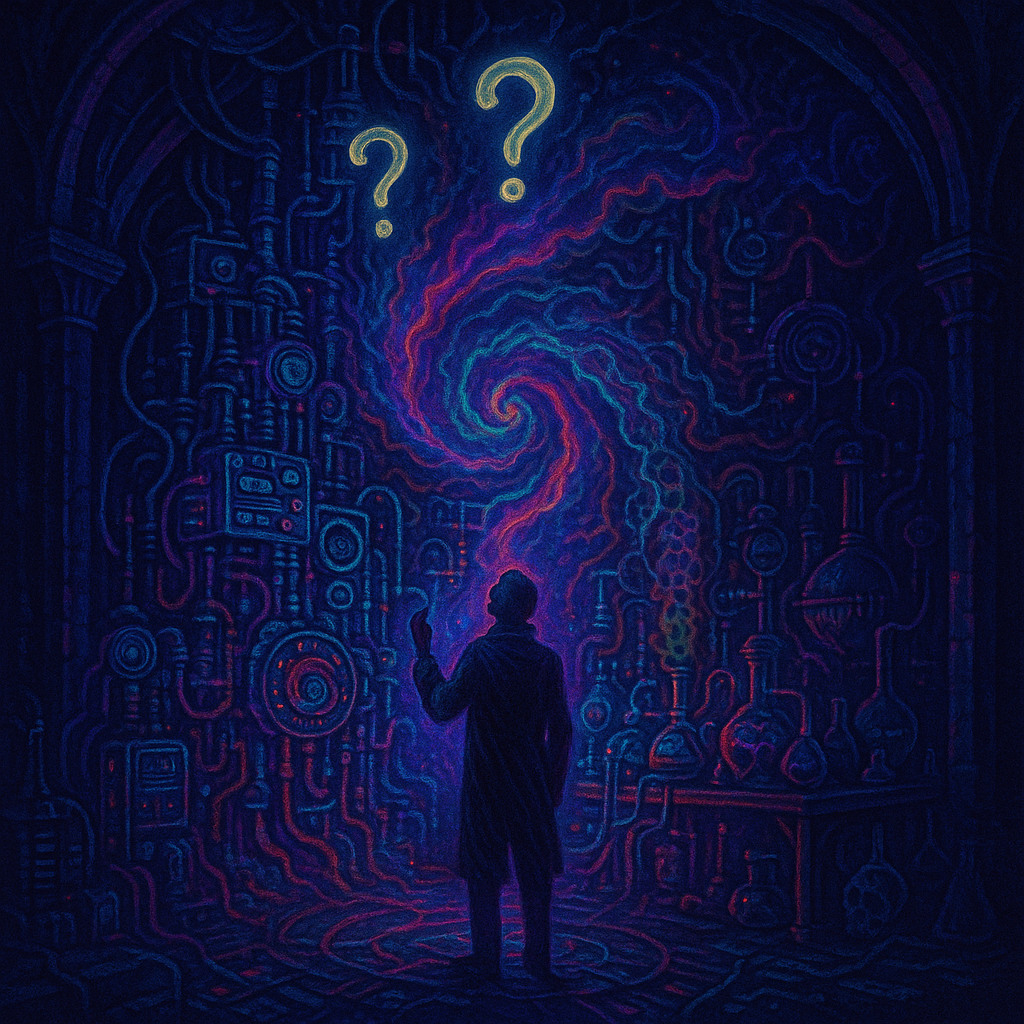
The success of being genuine lies in being inclined to constant perfection, knowing that we will never perfect. In this scenario, in the laboratory of the darkness of the human mind, the third question arises:
"Why am I going there?"-the question of purpose.
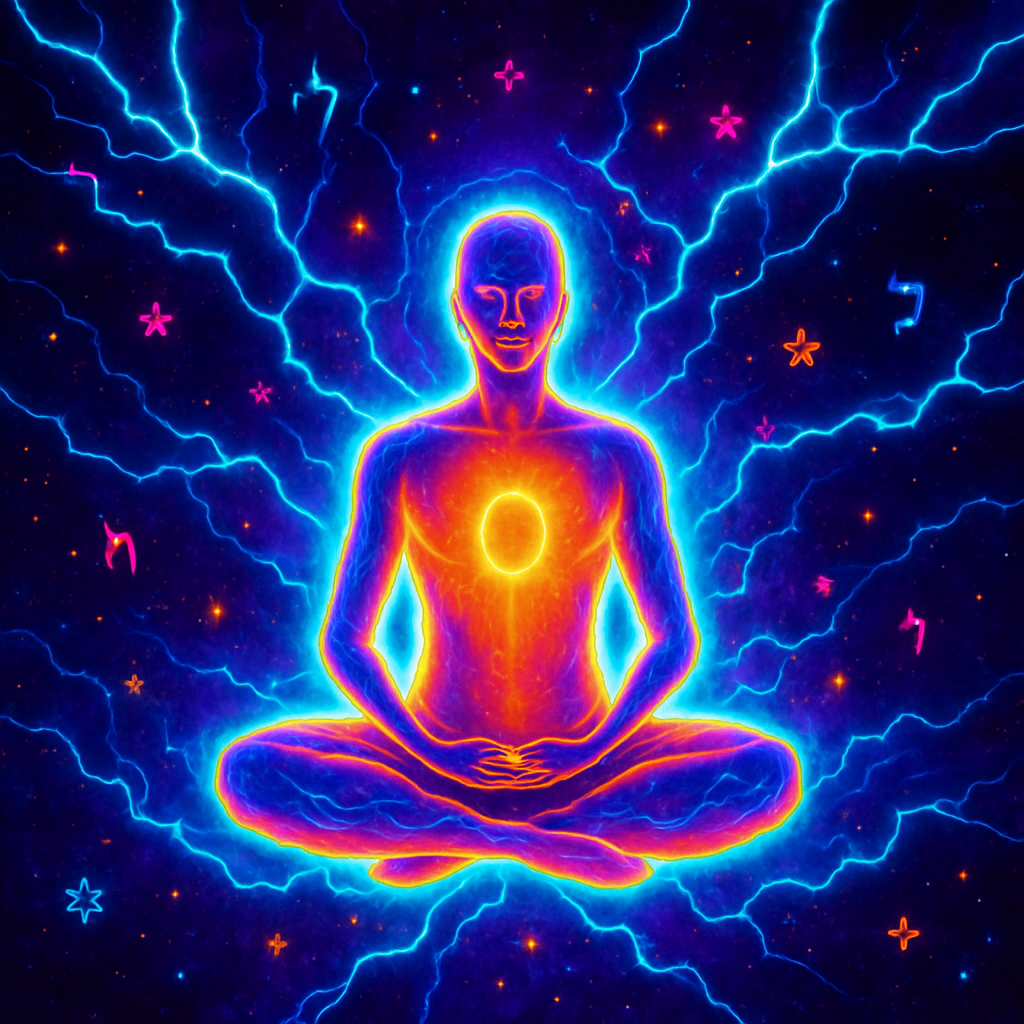
The soul does not need any religious belief, nor reincarnation systems, to know how to die without repentance; the soul is not woven and narrated by the external voice, nor by the approval of the collective fabric: you narrate your world, I have created mine.
✦ Written by. C Raul Fernandez - Collective Code ✦
This work is under a
Creative Commons Attribution-NonCommercial 4.0 International License
